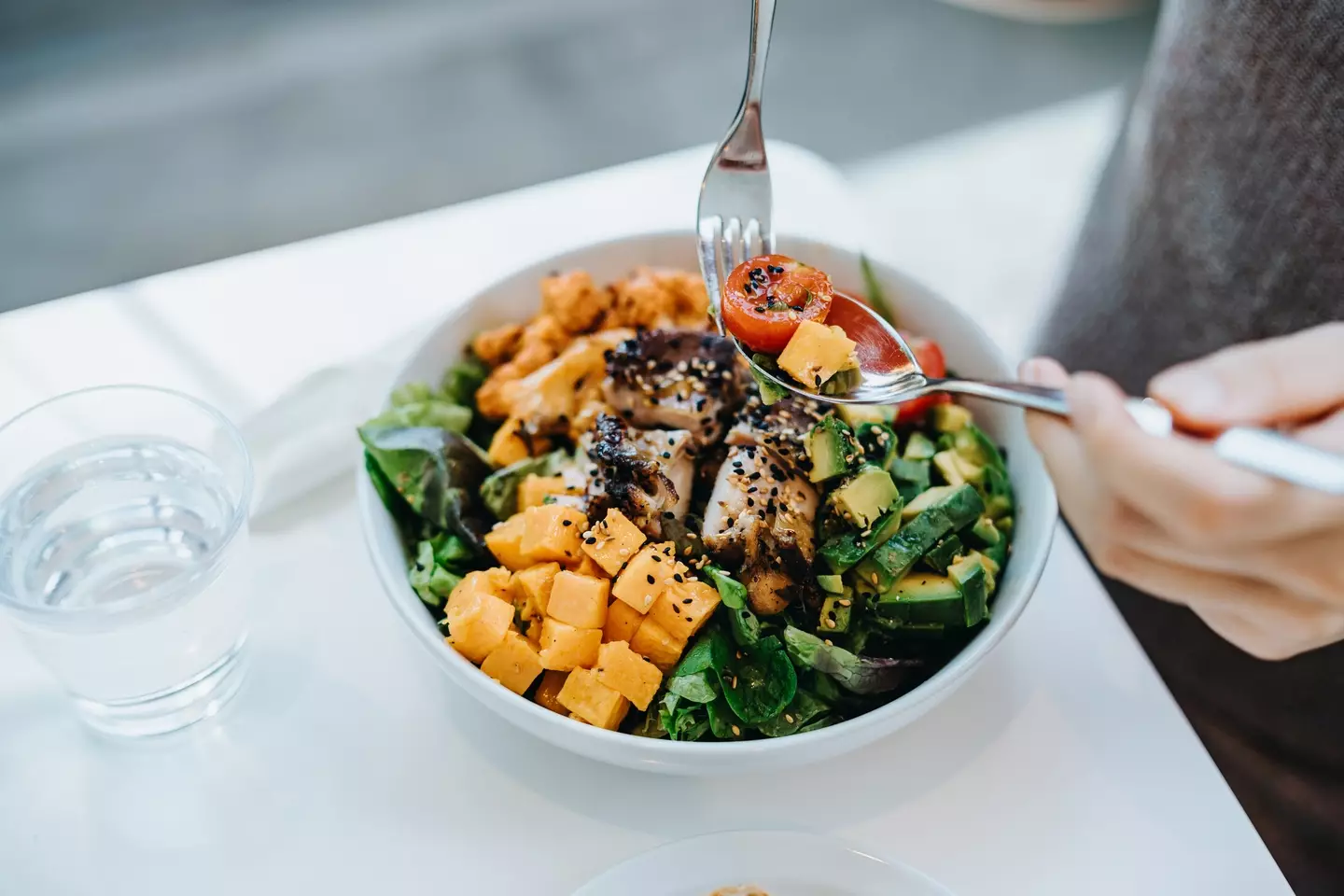
Whether it’s for health, aesthetics or both, many of us have occasional reckonings with our dietary habits.
With more and more data coming out about the risks posed by ultra-processed foods (UPFs), the variability in nutrition offered by foods categorised as such, and regular reminders to eat plenty of veggies, beans, and lean and unprocessed cuts of meat, making sensible choices about what we eat is often near the top of the public conversation.
Short and long-term ill health effects of unbalanced, UPF-heavy diets – such as the increased risk of diabetes, obesity, cardiovascular issues, and even dementia – compound the sense that it’s in our best interests to focus on eating well.
The thing with UPFs is that they aren’t all as bad as each other. While you’d struggle to get much worthwhile nutrition from a can of Coca-Cola, other UPFs like fortified cereals can actually help to support our vitamin and mineral intake.
Advert

With that in mind, a blanket ‘no’ on UPFs isn’t necessarily the right way to go, and it’s on each of us to educate ourselves about which ones are worth occasional consumption and which ones aren’t.
For nutritional therapist Elena Rolt, who recently spoke to Prima, there’s one in particular that we should all consider axing from our diets.
“As a nutritionist, one category of food I avoid entirely is ultra-processed fake meats,” said Rolt.
“These products are designed to mimic meat but are typically made with isolated plant proteins, industrial seed oils, flavour enhancers, stabilisers, emulsifiers and colourings."

She continued: "A growing body of evidence links ultra-processed foods with negative health outcomes, including disruption of the gut microbiome and a higher risk of obesity, type 2 diabetes and cardiovascular disease.
"These foods are not only heavily engineered but also lack nutrient density compared to whole foods.”
With that in mind, which foods should we sub in for the processed meats?
Rolt advocates for minimally-processed and whole grub where possible, with nutritional density being the most important factor to consider.
“For omnivores, this means high-quality protein sources such as organic or pasture-raised meat, wild or sustainably farmed fish and eggs, which provide highly bioavailable protein, B vitamins, iron, zinc and omega-3 fatty acids," Rolt explained.
"Alongside these, a wide variety of vegetables, berries, legumes, seeds and herbs should form the foundation of the diet."
Many people, namely pescatarians, vegetarians and vegans are already off the processed meat, but naturally they aren’t substituting it for whole meat products.

"For those following a plant-based diet, whole food proteins like legumes, organic soy, lentils, quinoa and hemp seeds are excellent alternatives,” Rolt recommended.
As to her own diet as a nutritional expert, Rolt prefers ‘a versatile omelette or frittata with onions, tomatoes, courgettes, mushrooms and herbs, cooked in extra virgin olive oil and topped with feta cheese’.
It’s a great example of a well-composed plate, featuring plenty of protein, antioxidants, fibre, vitamins, essential fats and inflammation-battling polyphenols.
